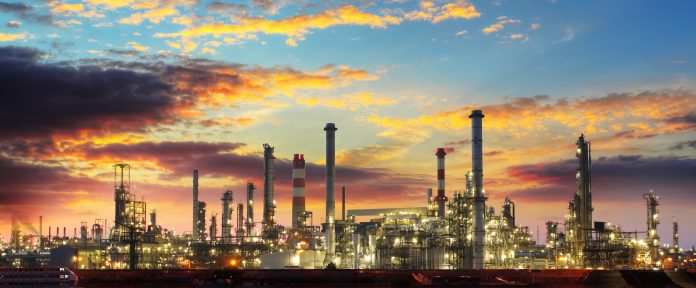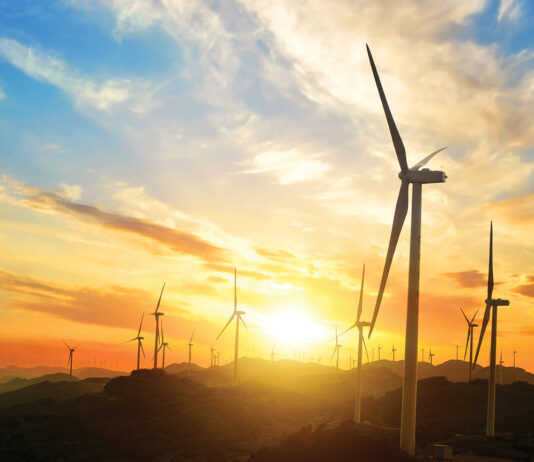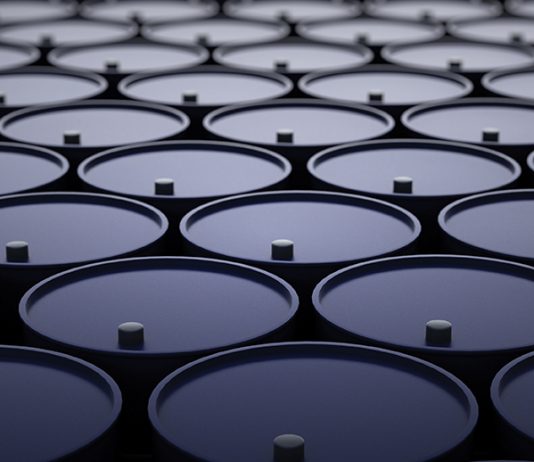
Here are 10 things you need to know about oil and gas for April 1, 2020:
Texas Railroad Commission Could Limit Oil Production for First Time in Nearly 50 Years to Recover Prices – Don’t really count on this happening, but the RRC will at least hold a hearing to explore the pros and cons.
Pain in the Oil Patch – A take on the oil crisis from the Wall Street Journal Editorial Board.
Texas industry associations, producers form methane coalition – Excerpt:
Seven of the state’s oil and gas associations, along with almost 40 oil and gas companies responsible for about 80 percent of the state’s oil output, have formed a coalition to address flaring and methane emissions.
The Texas Methane and Flaring Coalition will work to improve data quality for better accuracy in reporting vented and flared volumes, explain why and when flaring is necessary, identify, assess and recommend opportunities and best practices to minimize emissions and flaring and evaluate existing studies and summarize their findings.
$20 per barrel oil sends energy companies to restructuring specialists in droves – Good information here from the Houston Chronicle’s Sergio Chapa, one of the very best oil and gas journalists working today.
Disputed Canada-US oil pipeline work to start in April – Excerpt:
A Canadian company said Tuesday it plans to start construction of the disputed Keystone XL oil sands pipeline through the U.S. Midwest in April, after lining up customers and money for a proposal that is bitterly opposed by environmentalists and some American Indian tribes.
Construction would begin at the pipeline’s border crossing in Montana, said TC Energy spokesman Terry Cunha. That would be a milestone for a project first proposed in 2008.
The announcement came after the company secured $1.1 billion in financing from the Canadian provincial government of Alberta to cover construction through 2020 and agreements for the transport of 575,000 barrels of oil daily.
U.S. aims to lease space in emergency oil stockpile, after buying plan canceled – It won’t make a huge difference, but this is a really smart idea.
What Would Happen If ‘Fracking’ for Oil and Natural Gas Was Banned? – Excerpt:
CEA estimates that by reducing energy prices the shale revolution saves U.S. consumers $203 billion annually — $2,500 for a family of four. Because low-income households spend a larger share of their income on energy, lower energy prices disproportionately benefit them: Shale-driven savings represent 6.8% of income for the poorest fifth of households compared to 1.3% for the wealthiest fifth. These savings are in addition to economic benefits linked to greater employment in the O&G sector.
CoC warns that a U.S. fracking ban would devastate the economy. If a ban were imposed in 2021, by 2025 it would eliminate 19 million jobs and reduce U.S. GDP by $7 trillion. Job losses in major energy producing states would be immediate and severe; in Texas alone, more than three million jobs would be lost. Tax revenues at the local, state, and federal levels would decline by nearly $1.9 trillion, and the ban would eliminate a critical source of funding for schools, first responders – of special note in light of the current COVID-19 crisis, infrastructure, and other critical public services.
Oil and gas commission gives 6-month tax break to Wyoming operators – Smart move in Wyoming, a state that truly values the oil and gas business. Will Texas follow suit?
No easy fixes to a Texas-sized oil problem – Excerpt:
Separately, Trump talked about oil markets yesterday with Russian President Vladimir Putin, whose country is battling Saudi Arabia for market share after their supply management pact collapsed weeks ago.
The White House said they “agreed on the importance of stability in global energy markets.”
The latest moves come days after the White House and State Department signaled that they’re trying to put more pressure on the Saudis too.
Yes, but: Prices regained some ground on word of the Trump-Putin talks, Reuters notes. But don’t expect a magic fix.
It’s hard to see changes that could substantially boost prices getting hammered by COVID-19, or quickly ease logistical problems as storage fills up.
Restrictions from the pandemic are causing an unprecedented demand decline that analysts see reaching 20 million barrels per day or more in the near term.
That’s all for today.
















